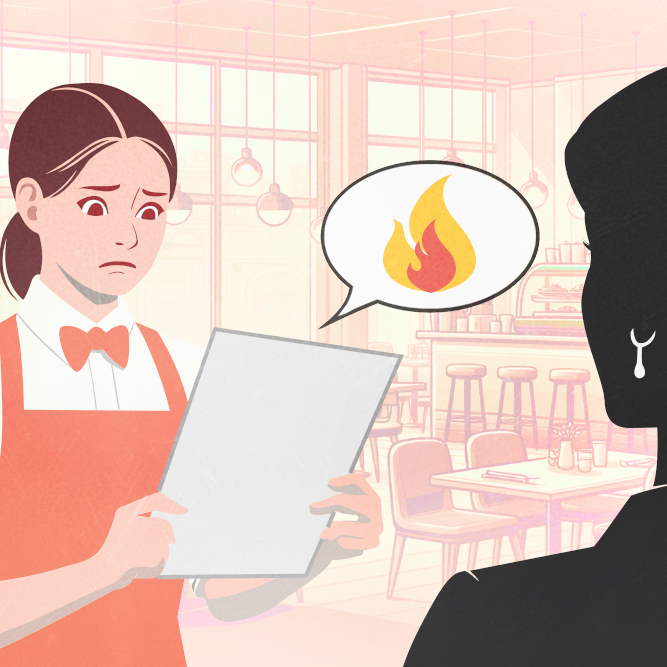Were You Fired? Here Are 5 Termination Laws In California You Need To Know


Termination laws regulate what happens when your job comes to an end. Federal termination laws make it illegal to fire someone for their race, gender, and age, for example, or for reporting illegal or unsafe workplace practices.
Individual states also have termination laws that regulate what happens. California has some of the strictest termination laws in the nation, which means the state provides extra protection for workers. To benefit from these protections, though, residents should understand what California’s termination laws exist.
California’s Top 5 Termination Laws All Workers Should Know
1. California Is An “At Will” State
In at-will states, employers and employees can end their employment at any time and for any reason, as long as the reason is not illegal. At-will laws do not cover employees who have an employment contract or collective bargaining agreement that lays out the specific terms in which a worker can be fired.
At-will states also allow employees to quit without giving notice.
2. Wrongful Termination Still Applies
According to California law, it is illegal to fire someone for:
- Exercising a legal right or privilege, such as engaging in political speech, or filing a worker’s compensation or harassment claim
- Performing a legal obligation, such as going to court
- Reporting a potential violation of the law
- Refusing to break the law
3. Terminated Employees Are Entitled To A Final Paycheck
If you have been terminated, you are still entitled to any wages you have earned. You are also entitled to compensation for any vacation time you hadn’t used.
California also says that your employer must pay you these wages promptly. The speed at which they must pay you depends on how you leave your job. When your workplace fires you, they must pay you immediately. If you quit or resign and provide notice 72 hours in advance, your employer must pay you on your final day of work. However, if you did not give them 72 hours of notice, though, your employer has 72 hours in which to pay you.
You are entitled to waiting time penalties if your employer willfully fails to pay you on time.
4. Some Employers Must Provide A Notice Period To Employees Before A Mass Layoff
Under the California Worker Adjustment and Retraining Notification Act (WARN Act), large employers who have at least 75 employees must give their workers and local government officials a 60-day warning before a mass layoff or plant closure.
5. Constructive Termination Is A Thing, And It’s Illegal
A constructive termination is when an employer makes things so uncomfortable that you have no choice but to quit. To prove this, though, you’ll need to show that your employer intentionally made your work environment difficult, that you felt it necessary to quit, and that your boss would have been guilty of wrongful termination if they had fired you.
Wondering About Termination Laws In California? Contact Your Employment Attorneys At D.Law
If you have been the victim of wrongful termination, you may be able to get your back pay or even get your job back under California law. First, though, you’ll need to provide evidence of your employer’s wrongdoing. For more information, consult with or call D.Law. Our employment law firm can help you fight wrongful termination in the Bay Area, San Diego, Fresno, Los Angeles, and other California cities.

Ready to get started?
Contact us now for a free consultation to find out how we can help you.



















